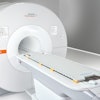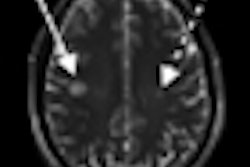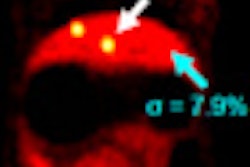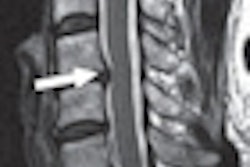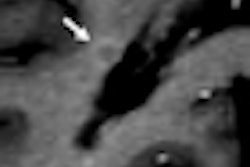Dear MRI Insider,
As an Insider subscriber, you have an exclusive first look at what hospitals and radiologists have to consider when deciding whether to invest in a 1.5- or 3-tesla MRI system.
The key factors to consider go beyond patient care and financial resources; they also include safety issues for patients with implanted devices, physician recruitment, and gaining a market advantage over the competition. In short, there is no rush to judgment.
Read how one small medical center and one large hospital made their choices to go with a 1.5- or 3-tesla magnet in the MRI Insider Exclusive.
Also in this issue of the MRI Insider are two important studies on MRI and multiple sclerosis (MS). French researchers from the National Center for Scientific Research and Aix-Marseille University used 3-tesla sodium MRI to discover that a buildup of sodium in specific regions of the brain could be a biomarker for nerve cell degeneration in MS patients.
In the second study, MRI confirmed that the drug fingolimod reduced inflammatory lesion activity and brain volume loss in MS patients. The beneficial anti-inflammatory effects of fingolimod therapy were seen on MRI as soon as six months after treatment began, and they were sustained over the two-year trial.
In other noteworthy news, researchers from Massachusetts General Hospital have found that MRI-based motion correction in simultaneous PET/MRI exams can significantly improve lesion contrast, signal-to-noise ratio, and image quality. The team not only confirmed the improvement in PET image quality in phantom and animal studies, but the results also lay the foundation for the technique to be used effectively in simultaneous whole-body PET/MRI human studies.
In Korea, radiologists have developed a new MRI grading system to more accurately assess the degree of cervical canal stenosis in patients with back problems. With the system, the grade of stenosis positively correlated with the number of patients who had neurologic deterioration indicating myelopathy. The grade also correlated with the number of patients who had either undergone surgery or were considered candidates for an operation.
Be sure to stay in touch with the MRI Digital Community on a daily basis, as we continue to report on novel MRI research and the latest news on the modality.

